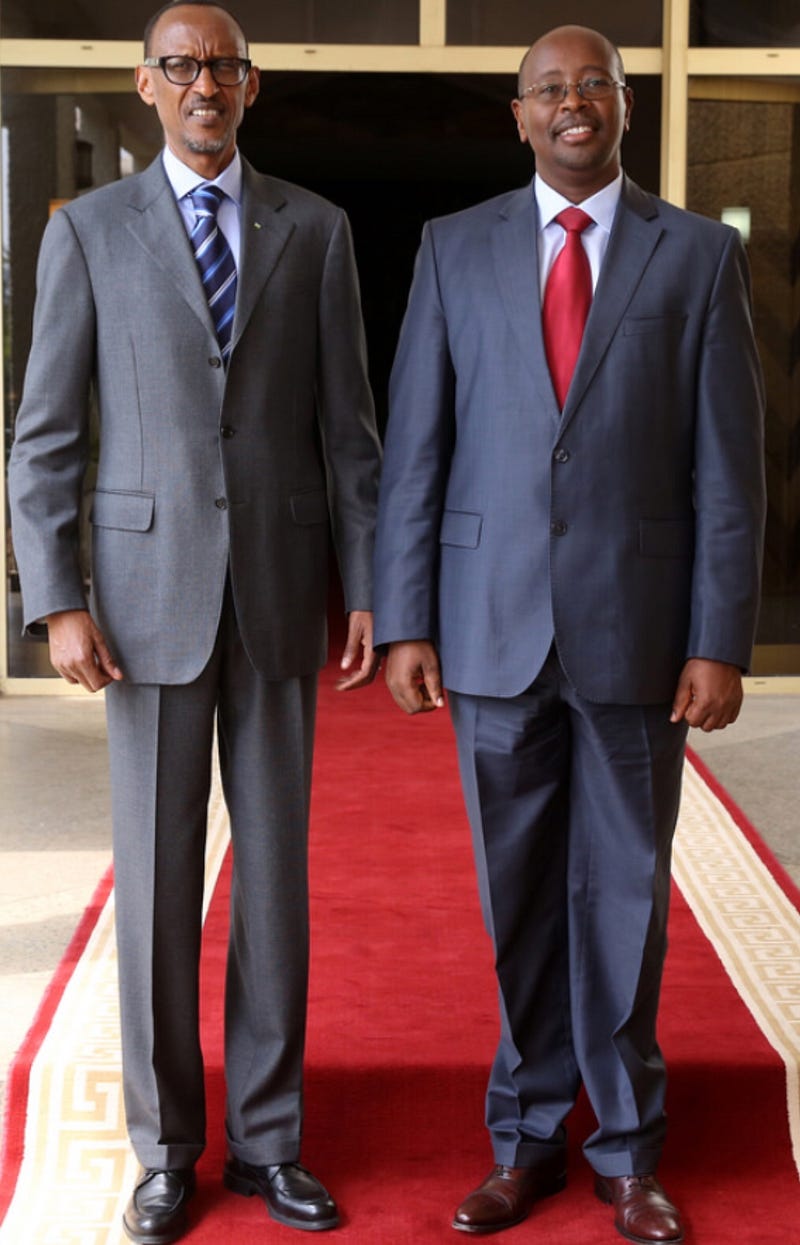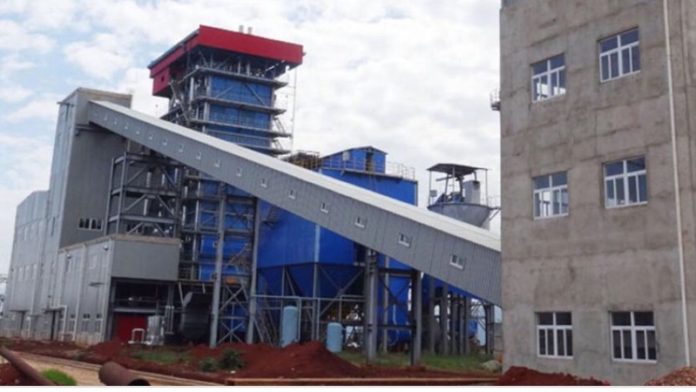By David Himbara
The story of the Gishoma power plant is pathetic. Construction of the plant began in 2013. The power plant was expected to generate 15 Megawatts of electricity from peat. As usual in Kagame’s Rwanda, things did not go according to plan.

The plant was to be completed in 2014. But it instead took an astonishing 4 years to complete. When the plant was finally launched in 2017, it could not produce 15 Megawatts – it only managed to supply 5 Megawatts. And then the whole thing crashed.
The 2017 Auditor General’s Report provides the ugly details of the Gishoma peat power plant:
- The total amount invested in the power plant by the government is US$47 Million (RWF40,570,617,811).
- The plant was expected to be completed in 2014 but technical problems caused lengthy delays until May 2017.
- Almost as soon as the power plant became operational, it ran into problems. The plant crashed on 27 September 2017 only after four months of operations.
- Shockingly, it was soon discovered that the peat to supply the plant had neither quality nor enough quantity to operate Gishoma.
- Also, the installed machinery soon broke down – the main power transformer crashed.
- The plant which is supposed to produce 15 Megawatts could only manage 5.28 Megawatts before it crashed.
- The water supply assigned to another company, Runh Power Corp for US$8.3 Million was another disaster. The supplier was unable to fill the 10,000m3 reservoir tank at the power plant. This is the minimum required to adequately support the plant’s operations.
Gishoma is not the only troubled power plant in Kagame’s Rwanda. As the Auditor General’s report shows, of 33 power plants in the country, only 6 power plants are operating at more than 50% of installed capacity. Five power plants are not generating electricity — these are Nshiri, Gashashi, Nyabahanga, Nyirabuhombohombo, and Gatsata.































































